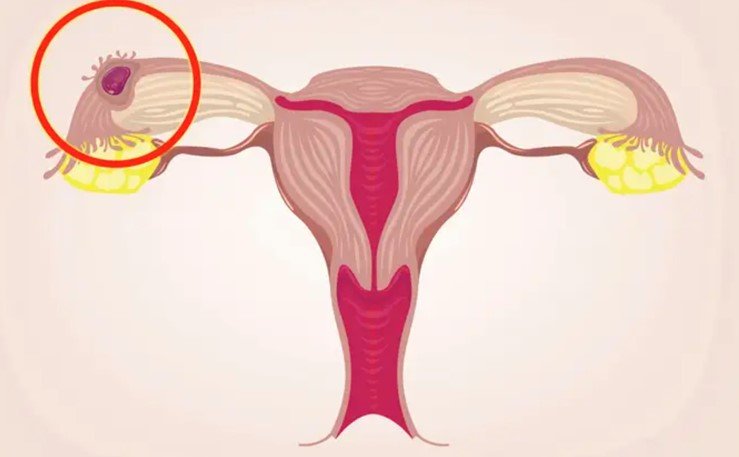
What is an Ectopic Pregnancy?
Ectopic pregnancy, also known as an extrauterine pregnancy, is when a fertilized egg implants and grows outside the main cavity of the uterus. The Fallopian tubes are the most common site for ectopic pregnancies, but they can occur on the ovary, endocervical canal, the lower part of the uterus (cervix) or even in the abdominal area. Ectopic pregnancies are generally considered to be rare, occurring in about 1.5% of all pregnancies.
What typically causes an ectopic pregnancy?
Ectopic pregnancies are more likely if you have had:
Previous ectopic pregnancy: There is an increased risk of a subsequent ectopic pregnancy after someone has experienced an ectopic pregnancy.
Pelvic inflammatory disease (PID). Sexually transmitted infections, such as gonorrhea or chlamydia, can cause inflammation in the tubes and other nearby organs, and increase your risk of an ectopic pregnancy.
Fertility treatment: There is a chance of ectopic pregnancy resulting from embryo transfer during IVF treatment as embryos can travel into the Fallopian tube, for example, during the implantation stage. The more embryos that are transferred, the higher the risk.
Cigarette smoking: Research by the University of Edinburgh shows that smokers have an increased level of the protein PROKR1 in their Fallopian tubes. The protein is instrumental in helping pregnancies implant in the womb, but when present in the Fallopian tubes can hinder the progress of a fertilized egg, increasing the chances of a pregnancy being ectopic.
Most commonly, an ectopic pregnancy occurs from a misshapen or inflamed fallopian tube. Hormonal imbalances and abnormal egg development can also cause ectopic pregnancy.
The two main reasons that a woman’s fallopian tubes might be abnormal:
-
The tube was already damaged. Ectopics are often caused by scarred fallopian tubes which cause the early embryo to get stuck in the tube before it reaches the uterus.
-
Sometimes the fallopian tube was normal until the tubal pregnancy. A tubal pregnancy can cause significant damage to the inner lining of the tube.
Is Egg Donation related to Ectopic Pregnancies?
While there is no long term studies on this topic, the process of extracting eggs involves an ultrasound probe being placed in the vagina, the aspirating needle is guided to the ovaries to retrieve the mature eggs. It is known that a history of pelvic surgeries is linked to a greater risk of ectopic pregnancy, even where the fallopian tubes are never directly impacted.
Most physicians advise egg donors to wait until their next menstrual before having intercourse again. This allows the ovaries to return to their normal size and allows your body to rest and heal. When your period returns, it is your body’s signal that everything is back to normal. While it would be incredibly rare for an egg retrieval to damage the fallopian tube in any way, it is advised to wait until at least your next period until trying to conceive.

